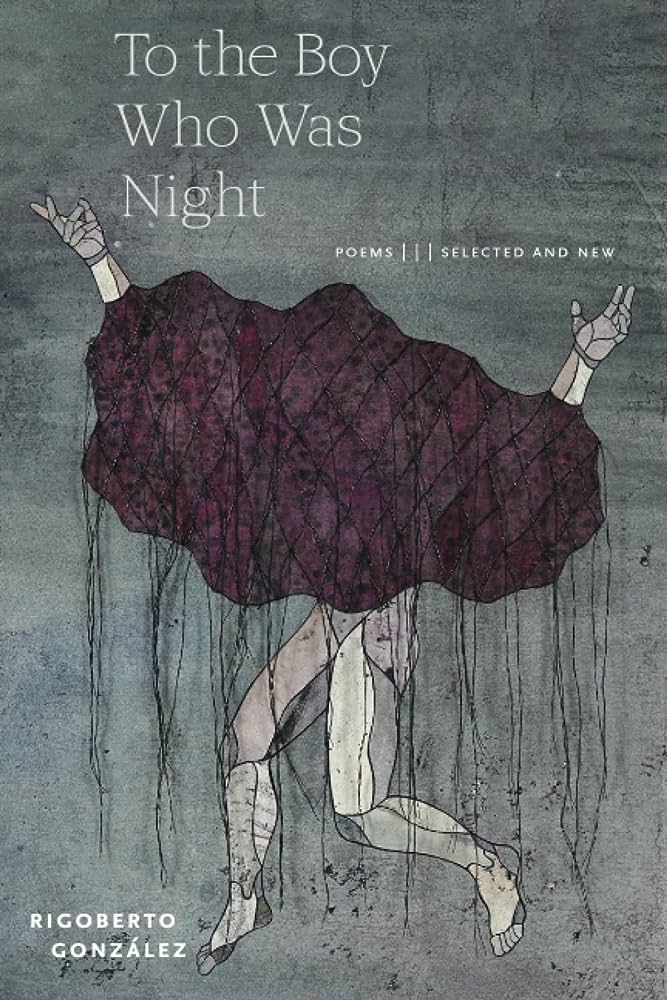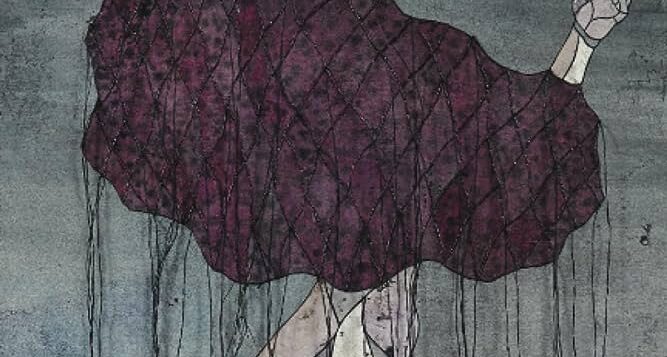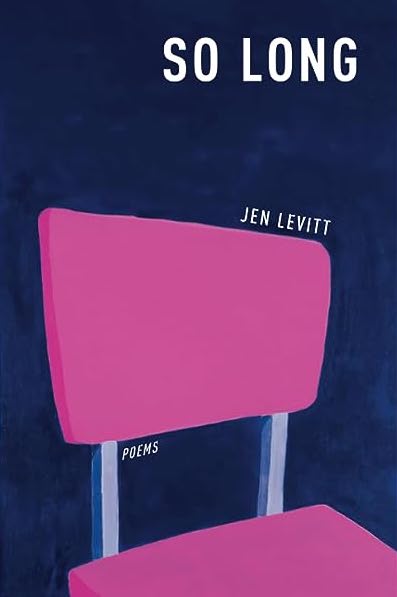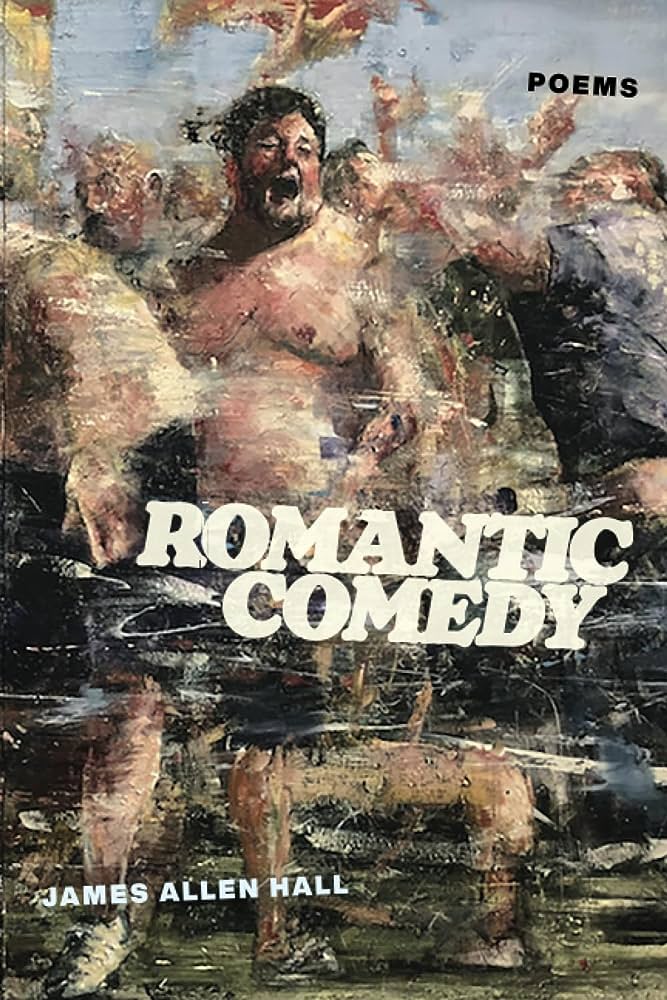 TO THE BOY WHO WAS NIGHT
TO THE BOY WHO WAS NIGHT
Poems Selected and New
by Rigoberto González
Four Way Books. 262 pages, $17.95
Rigoberto González’s latest book (he’s published twenty) is a new and selected volume of his poetry. These are brooding reflections on suffering, sickness, shame, loneliness, and grief; on sexual and romantic frustration, family violence, and poverty; on the aches of childhood and “the sad architecture of abandonment.” González, who was born in California but grew up in Mexico, writes about hunger—the hunger for food, for justice, for dignity, for a voice—and the longing for tenderness in a world where tenderness seems absent. In a poem like “In the Village of Missing Fathers,” he depicts a desolate Mexican landscape where the women “have traded their silks for meats, their kisses/ for bolts on the doors, the curves/ of their hips for a place to carve out/ the names of the dead.”
González, a professor of English at Rutgers, is candid about the psychic damage done to a child who had to maintain a secret, who knew that male-male affection “wasn’t make-believe” even as he had to hide it from the gaze of others. While he still lives with the deep emotional wounds of his earlier closeted life—the “frock of scars and bruises”—he resolutely declares his resilience and endurance: “You are/ solid rock,” he proclaims. And he is not immune to moments of beauty in the world: the beautiful monarch butterflies in his native Michoacán or the “magic of a child/ who can bite into a cherry and roll the world inside his mouth.” There are poems about the beauty of the body (“my left nipple like a rose”), about the taste of a tangerine, about “the palm of a man’s hand wiping juice / off another man’s chin.”
Philip Gambone
In her first book, The Off-Season, Jen Levitt described feeling askew in the world and trying to imagine an openly lesbian life. So Long expands the self-scrutiny with evocative riffs on loss, including the death of a beloved father and the abrupt departure of a romantic partner. Felt loss becomes poetry in distinctly observed everyday encounters.
Levitt teaches high school in New York City, and the title poem “So Long” depicts trips to Connecticut to be with her seriously ill father. When he dies just shy of eighty, she is devastated, but different sentiments come into play, as multiple meanings of the phrase “so long” suggest. On the one hand, the phrase recalls the finality of Woody Guthrie’s 1935 Dust Bowl ballad, while, on the other hand, a casual “so long” may mean only brief separation. Alternatively, the words can evoke amazement, as when the writer tells her (by then deceased) father: “Soon, we’ll have to find another way to meet, as moonlight/ makes the river glow, & look how lucky I’ve been, for so long.”
Levitt brings other people into her poems by reflecting on her roles as daughter, lover, sister, aunt, teacher, and friend. “Letter to My Father from Provincetown,” for example, recalls seaside summers when her father taught his children to play poker. In the poem “Dunes,” the writer struggles with the brisk unravelling of a passionate affair but resolves to take up a “new kind of noticing. The willingness to risk failure for the possibility of love.” So Long is filled with unfussy poems of candor and insight, drawn with energetic attention to ordinary life.
Rosemary Booth
James Allen Hall reminds me that every successful poem is a little triumph, a victory over the vast indifference of the universe. Gay people know better than most that their identities—indeed, their very existence—have had to be forged against an array of forces seemingly aligned against them. Even granted this, however, the poems in Romantic Comedy document an unusually hard-won battle against homophobia, rape, drugs, suicidal impulses, and negative body image.
If Hall were not a gifted poet, these poems would simply constitute a litany of horrors. However, in his hands, these adversities are steadily transformed into moments of quiet, beautifully articulated power. As Hall elegantly puts it in “Swimming Lesson”: “I flip my body,/ propel it into the past, into the wake/ of its own trek.” He also asks, soberingly: “Is it a love story when the desire is unspeakable?” In a world in which, as he posits, desire and destruction “are just different abutments/ of the same bridge,” this collection, which was selected by judge Diane Seuss as the winner of the Four Way Books Levis Prize in Poetry, admirably depicts the different shores, as well as the struggle to bridge them.
Dale Boyer





